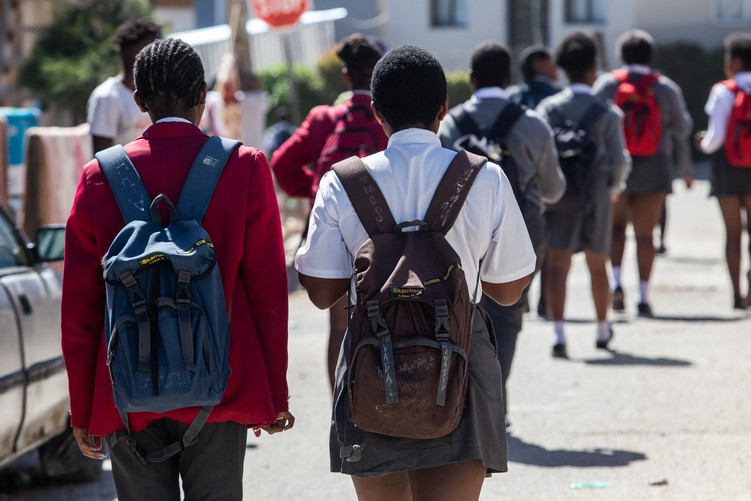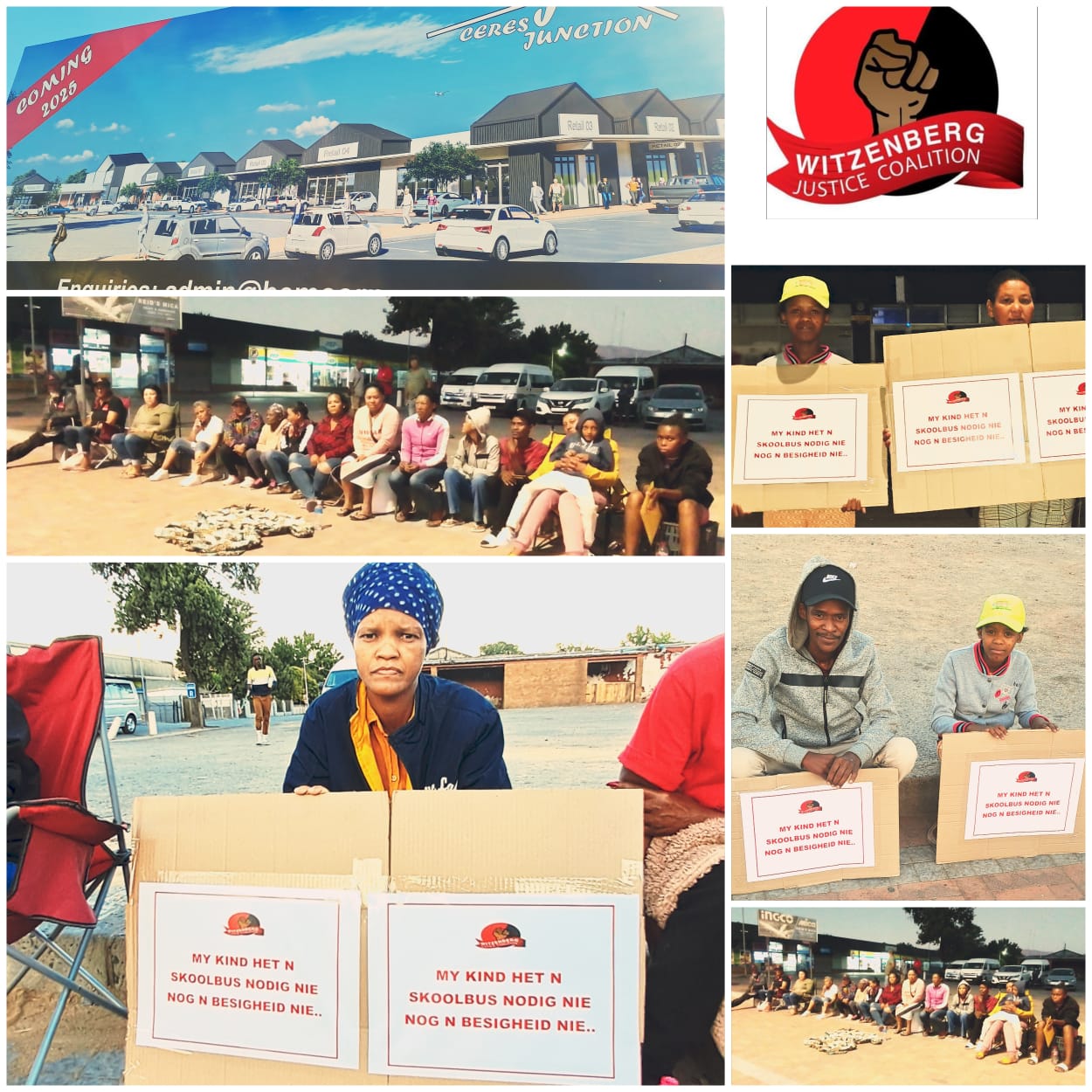By Steven Lang
This week’s Constitutional Court judgements on the Electoral Amendment Act 1 of 2023 ensure that next year’s elections will be substantially different from all those that have come before. The apex Court made only one change to the Act, which will allow independent candidates to submit 1,000 signatures to have their name on the regional ballots.
The Court’s decision means that the threshold for qualification as an independent candidate is much lower than was originally envisioned in the Act. It required independent candidates to gather a number of signatures equivalent to 15% of the votes used to obtain a seat in the previous provincial election. A complicated calculation that the Court determined was not fair.
The system originally stipulated in the Electoral Amendment Act was unfair for several reasons. In the first place, the 15% signatures requirement was considerably more than the 1,000 signatures that parties had to gather in previous elections. Secondly, it was unfair because the requirements varied drastically from province to province. For example, in the Eastern Cape, with 63 seats in its provincial legislature and 1,974,181 valid votes cast in the May 2019 election, each candidate would have required 4,700 signatures to register. Similar calculations for KwaZulu Natal mean that candidates would have required 13,164 signatures in that province; 11,471 in the North West; and 8,877 in Gauteng.
These huge discrepancies were patently unfair and did not take into consideration the near-impossible task of verifying the authenticity of thousands of signatures for each candidate.
Voters in the 2024 national and provincial elections will immediately notice some significant and somewhat confusing differences from their experiences in previous elections.
In the first place, this is the first time in a national election that voters will be able to choose an independent candidate – i.e. someone who does not belong to a political party. Secondly, they will have to put their marks on three ballot papers instead of two.
On entering the voting station, voters will be given three ballot papers. The first one, accounting for 200 of the 400 seats in Parliament, will be precisely the same as it has been in all the previous elections since 1994. This ballot paper will have only political parties and not any independent candidates.
The second ballot paper is the latest addition and is expected to be the longest ballot paper in any election in this country. Some commentators have speculated that it might even run into several pages. It will count for the remaining 200 seats in Parliament but will only contain political parties and independent candidates running in a particular province. In other words, there will be nine versions of the regional ballot paper. The Electoral Commission (IEC) refers to this ballot as the ‘regional ballot’ even though it covers the same area as the provinces.
This ballot paper will be unwieldy and perhaps bewildering for some voters. They will have political parties and individual candidates on the same paper. How many candidates will there be on this paper? No one is sure because registration has not opened yet, but in the 2019 elections, there were 26 political parties on the list for the Eastern Cape. Since the Constitutional Court has lowered the participation threshold for independent candidates, it is likely that many people might try their luck. There could be hundreds of independent candidates standing in this or any of the other provinces. This is one of the reasons that Valli Moosa, Minister for Constitutional Development under President Nelson Mandela, described it as an “irrational electoral system decided by Parliament”.
In most countries where independents are allowed to stand, each individual can only stand in a single constituency, where a constituency contains a population normally equivalent to that of a small town. South Africa does not have conventional constituencies, so according to the Electoral Amendment Act 1 of 2023, independents will stand for whole regions, which are, in effect, provinces.
The third ballot paper is for each of the provincial legislatures. It will contain the names of political parties and independents contesting seats in its particular province following a similar template to the regional or second ballot paper. This is also likely to be large, causing voters to spend a lot more time in the voting booth analysing the available options. It probably means that people will spend more time at the voting station as the queues move forward more slowly than before. Longer lines could lead to voter frustration and, ultimately, a lower voter turn-out.
In May this year, Business Day published an article suggesting that the IEC would have to look abroad to print bigger ballot papers because local printing firms do not have the capacity to handle double-column ballots.
A date for the national and provincial elections has not been announced yet, but if President Cyril Ramaphosa follows the pattern set in 2019, he will announce the date when he delivers the State of the Nation Address (SONA) on 8 February 2024. He will probably set an election date for early May of that year.
The voters’ roll will only be closed once the official date of the election has been proclaimed after SONA. In the meantime, the IEC has announced a second and final Voter Registration Weekend on the 3rd and 4th of February 2024 for the national and provincial elections.
Voters should note, however, that they need not wait until that weekend to register. The process may be completed anytime online (elections.org.za) or between 8:30 am and 5:00 pm on weekdays at the local IEC offices, 20 High Street, in Makhanda. In my phone call (046 622 3008) to their offices, I found the staff helpful and friendly. The local Electoral Project Coordinator is Vovo Ponoshe.






